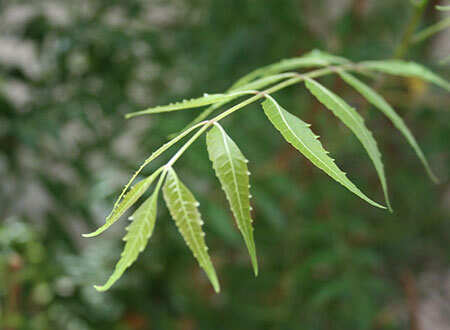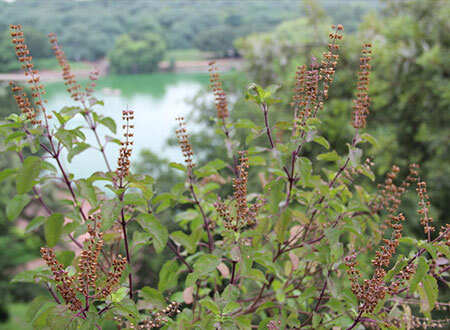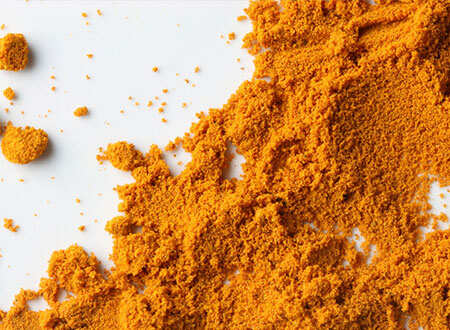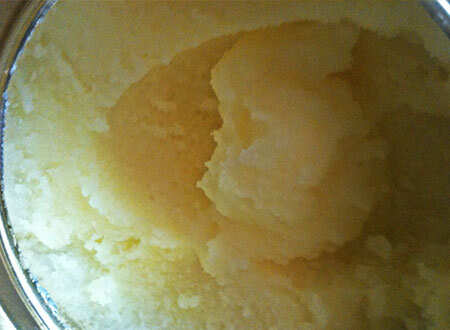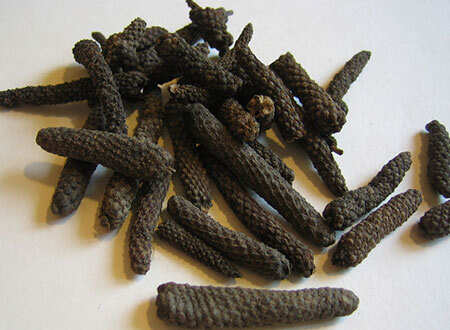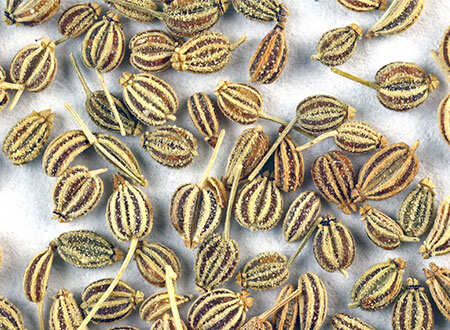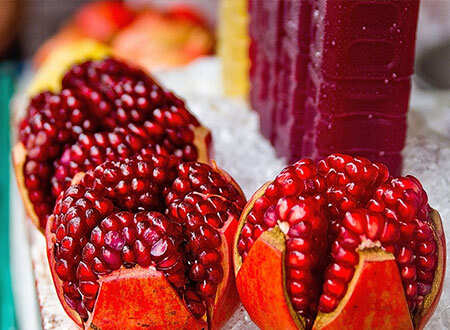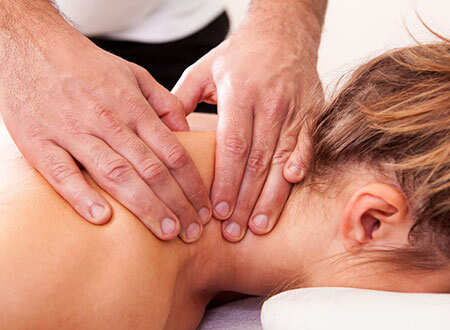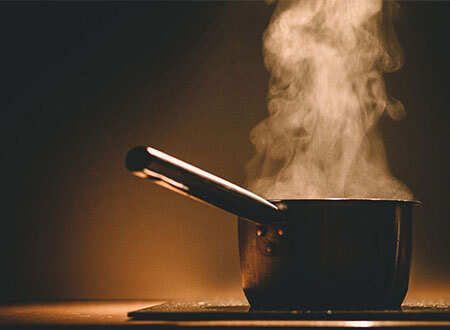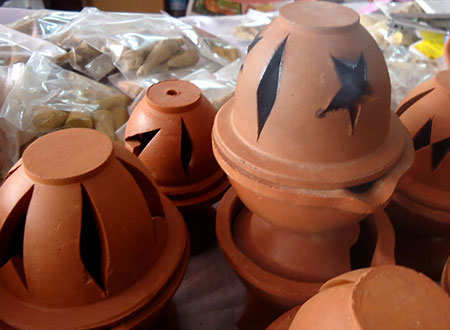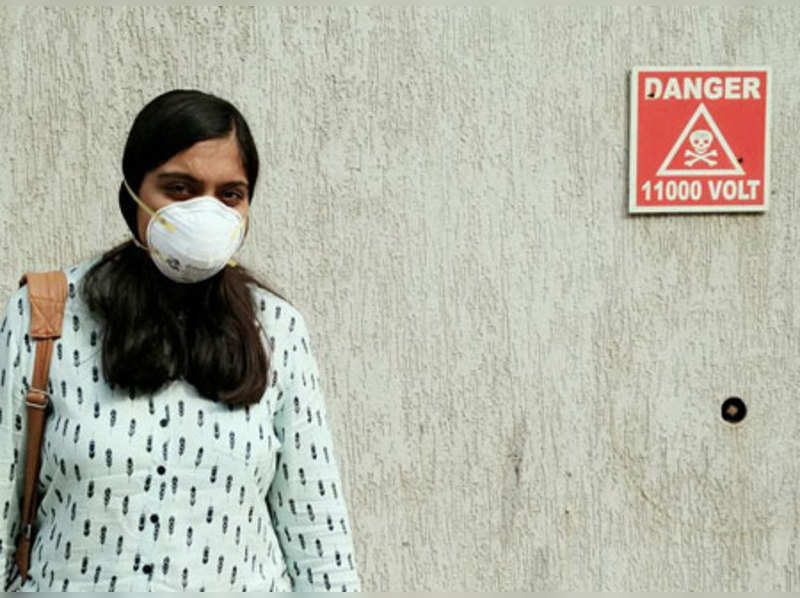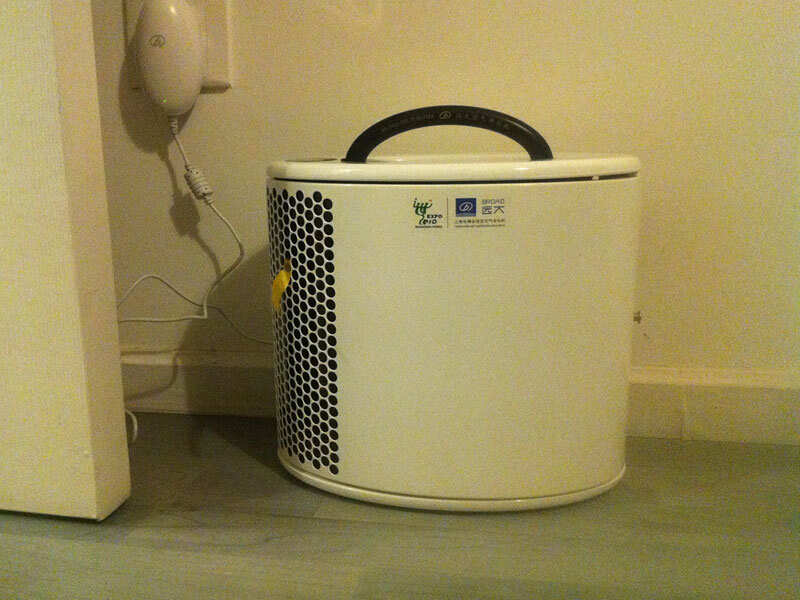Diwali festivities just added to the existing vehicular pollution in Delhi and other neighbouring cities, making the air condition worse. Hospitals are reporting a significant spike in respiratory conditions this week. But there are ways you can minimise the ill effects of this nasty pollution that’s hurting your lungs. We spoke to Ayurvedic experts to know about hacks that can help you survive this menace.
1) NEEM
Dr Nitin Rajan Kochar (MD) (Ayurveda), Hon. Ayurveda consultant at K E M hospital, Parel, Mumbai suggests, “There are herbal preparations, which adsorb pollutants and may also help detoxify the effects.” One must wash the skin, hair with neem leaves boiled in the water. It will clear the pollutants stuck to skin and mucosal membrane. If possible, also try to eat three to four leaves at least twice a week. It helps to purify blood and lymphatic tissue.
2) TULSI (BASIL)
Tulsi (basil) should be planted at every house to absorb the pollution. In addition, one should drink 10-15 ml of tulsi juice as it helps clear pollutants from the respiratory tract, adds Dr Kochar.
3) TURMERIC (HALDI)
“Turmeric powder half teaspoon with 1 tablespoon of ghee or honey, should be taken empty stomach in the morning,” advises Dr. Lipsa Shah, Hon. Ayurveda Consultant at Saifee Hospital, Mumbai.
4) GHEE
Dr Shah recommends, “One can put 2 drops of cow ghee in each nostril every day in the morning and at bed time to stay clear from pollutants.” Dr Kochar adds, “It is important to have two to three teaspoon of homemade ghee daily. It is very much useful to chelate the toxic effects of metals like lead and mercury and does not allow them to accumulate in bones, kidneys and liver.”
5) PIPPALI
Rosme Chaube, an Ayurvedic doctor says, “Pippali is one of the super herbs for purifying lungs that enable easy breathing. It’s very effective against lung infections due to its rejuvenative properties. A simple way to consume this is ¼ teaspoon Ginger, ¼ teaspoon turmeric and 1/8 teaspoon Pippali powder mixed in 1 tbsp honey and washed down with warm water. This should however be taken for maximum of seven days and not used in infants.”
6) TRIPHALA
Pollution causes imbalance in tridosha and Triphala helps restore the same, thus, bolstering immunity. One tablespoon of Triphala with 1 teaspoon of honey at night is the recommended dosage, recommends Dr Chaube.
7) POMEGRANATE JUICE
Drink pomegranate juice as it is known to purify blood and is also a brilliant cardio protective fruit.
8) MASSAGE
Dr Piyush Juneja, Vedicgram suggests a daily full-body warm oil massage aka Abhyangam, therefore, acts as a powerful recharger and rejuvenator of mind and body.
9) STEAM
Luke Coutinho, holistic healing expert recommends taking steam with 5-10 drops of eucalyptus oil or a drop of peppermint oil. This should be done for five minutes twice a day.
10) AYURVEDIC HERB SMOKE
Dhoop (smoke created in earthen bowl) of Guggulu and Aguru, which are Ayurvedic herbs can be used to prevent dampness in the house, which is a leading cause of allergic cold and breathlessness, adds Dr Shah.
11) WARM HOME COOKED FOOD
Eat home cooked, warm food instead of eating out at restaurants. Incorporate herbs like turmeric, cayenne pepper, carom seeds, ginger etc in food. Add some pepper, and basil leaves to your regular cup of chai.
12) PRACTICE BREATHING
Practice simple breathing asanas such as pranayam, kapalbhati and jal neti to combat the ill effects of pollution. “Inhale from nose and hold for four seconds. Exhale from nose and breathe out the maximum air you can from the nose and then open your mouth and push out the last air left with a sound. Do it in a standing position, 5-10 times a day,” suggests Luke.
1/1110 Ways to protect your kids from pollution
Left ArrowRight Arrow
-
With the increasing perils of widespread pollution all over the city, it has become almost impossible to stay safe from its harmful effects. Children are more prone to air borne diseases and thus tend to have severe health implications in comparison to adults because their organs are more vulnerable.<br />
So here are 10 ways you can guard your children:<br />
(Picture Courtesy: Shutterstock Images)
With the increasing perils of widespread pollution all over the city, it has become almost impossible to stay safe from its harmful effects. Children are more prone to air borne diseases and thus tend to have severe health implications in comparison to adults because their organs are more vulnerable.
So here are 10 ways you can guard your children:
(Picture Courtesy: Shutterstock Images)
-
Avoid getting caught in long traffic jams and if you do, keep your window panes closed.
Avoid getting caught in long traffic jams and if you do, keep your window panes closed.
-
Use handkerchiefs and glasses to protect their face and eyes.
Use handkerchiefs and glasses to protect their face and eyes.
-
Make sure they take a bath or rinse their mouth and change their clothes after returning back from outside.
Make sure they take a bath or rinse their mouth and change their clothes after returning back from outside.
-
Children should avoid playing in areas that are more exposed to smoke emissions.
Children should avoid playing in areas that are more exposed to smoke emissions.
-
Avoid walking on busy roads and inhabiting in densely populated and shabby colonies. They can use masks for protecting themselves from diseases.
Avoid walking on busy roads and inhabiting in densely populated and shabby colonies. They can use masks for protecting themselves from diseases.
-
Make your kids practice breathing exercises. They will be doubly beneficial if practiced in a cleaner greener place. If not, practice indoors.
Make your kids practice breathing exercises. They will be doubly beneficial if practiced in a cleaner greener place. If not, practice indoors.
-
N95 is a respiratory protective device designed for filtering out airborne particles. It also prevents the wearer from breathing in very small particles that may be in the air.
N95 is a respiratory protective device designed for filtering out airborne particles. It also prevents the wearer from breathing in very small particles that may be in the air.
-
Researchers have found that those with low levels of vitamin C had an increased risk of breathing problems. So, deep-colored fruits and vegetables such as berries, tomatoes, carrots, broccoli, apples and plums that are packed full with antioxidants are good for you.
Researchers have found that those with low levels of vitamin C had an increased risk of breathing problems. So, deep-colored fruits and vegetables such as berries, tomatoes, carrots, broccoli, apples and plums that are packed full with antioxidants are good for you.
-
There have been enough studies to establish the efficacy of having certain air purifying plants in the house. Some plants that you can consider are areca palm tree, mother-in-law’s tongue and money plant.
There have been enough studies to establish the efficacy of having certain air purifying plants in the house. Some plants that you can consider are areca palm tree, mother-in-law’s tongue and money plant.
-
Air purifiers actually clean the air around us purifying it by removing microns of 0.3 and larger size to render it 99.9 percent dust free. Always keep the air filters of your air conditioners and ventilators clean and dust free.<br />
<br />
<em><strong>Disclaimer:</strong> The views and opinions expressed by the Doctors are their independent professional judgment and we do not take any responsibility for the accuracy of their views. This should not be considered as a substitute for Physician’s advice. Please consult your treating Physician for more details.</em>
Air purifiers actually clean the air around us purifying it by removing microns of 0.3 and larger size to render it 99.9 percent dust free. Always keep the air filters of your air conditioners and ventilators clean and dust free.
Disclaimer: The views and opinions expressed by the Doctors are their independent professional judgment and we do not take any responsibility for the accuracy of their views. This should not be considered as a substitute for Physician’s advice. Please consult your treating Physician for more details.
Share this on: FacebookTwitterPintrest
